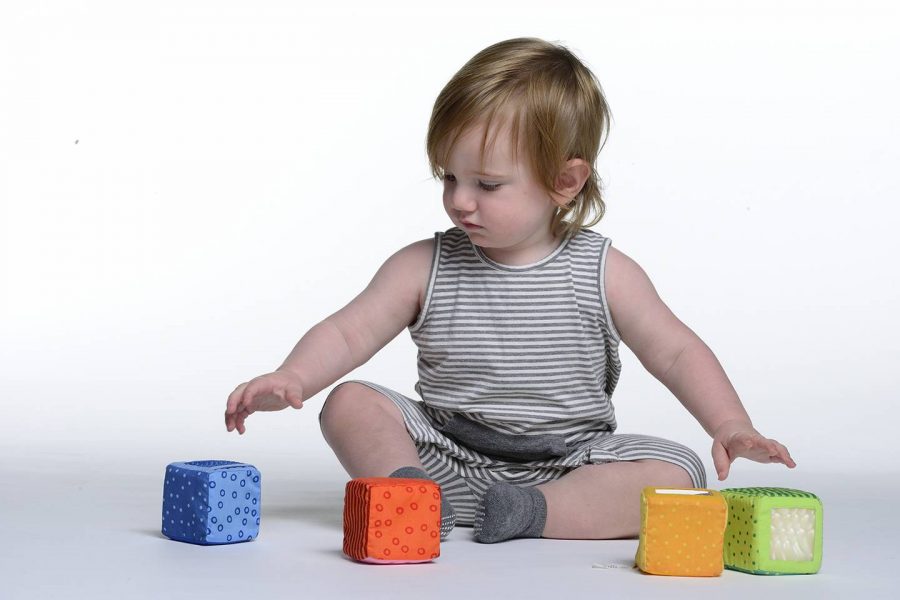New research published by John Hopkins University shows that we actually start developing our human biases from much younger than was previously known, and that the choices we make (even as infants) start becoming part of our human preferences, that is the likes and dislikes we depend on as we grow older. This is fascinating.
Over the last few years there has been a growing interest in human bias, particularly pertaining to how we design, build and influence human use in products, machine learning algorithms and Artificial Intelligence. The act of making choices changes how we feel about our options and this is a human quality that starts much earlier than what was previously thought such as from primary school learning, our teenage years & early adulthood.
The mapping of cognitive bias over the years continues to provide a unique perspective to understanding human behaviour, including to the use, design and development of human experiences through technology.
Though researchers have long known that adults build unconscious biases over a lifetime of making choices between similar things, the new Johns Hopkins University research demonstrates that this way of justifying choice is intuitive and somehow fundamental to the human experience.
I want to re-read The Paradox of Choice by Barry Schwartz again.
Journal Reference:
Alex M. Silver, Aimee E. Stahl, Rita Loiotile, Alexis S. Smith-Flores, Lisa Feigenson. When Not Choosing Leads to Not Liking: Choice-Induced Preference in Infancy. Psychological Science, 2020; 095679762095449 DOI: 10.1177/0956797620954491
When Not Choosing Leads to Not Liking: Choice-Induced Preference in Infancy
Babies’ random choices become their preferences
Date: October 2, 2020
Source: Johns Hopkins University
Summary: Though researchers have long known that adults build unconscious biases over a lifetime of making choices between things that are essentially the same, a new study finding that even babies engage in this phenomenon demonstrates that this way of justifying choice is intuitive and somehow fundamental to the human experience.
Related to bias and human choices:
- Buster Bensons 2016 article on the Cognitive bias cheat sheet
- Barry Schwartz TED talk on the Paradox of Choice
- Babylon Health – How can we prevent gender bias in medical AI technology?
